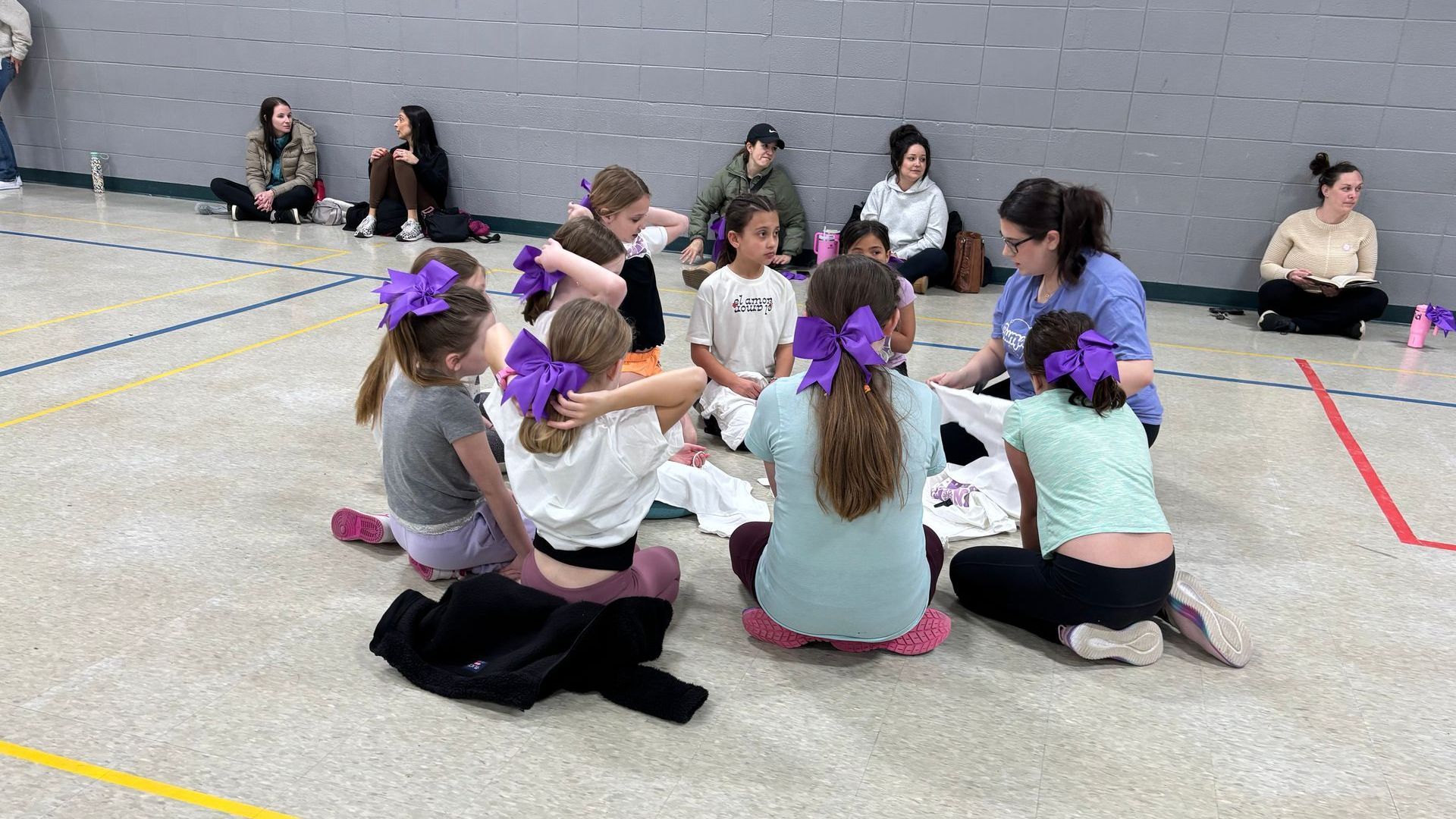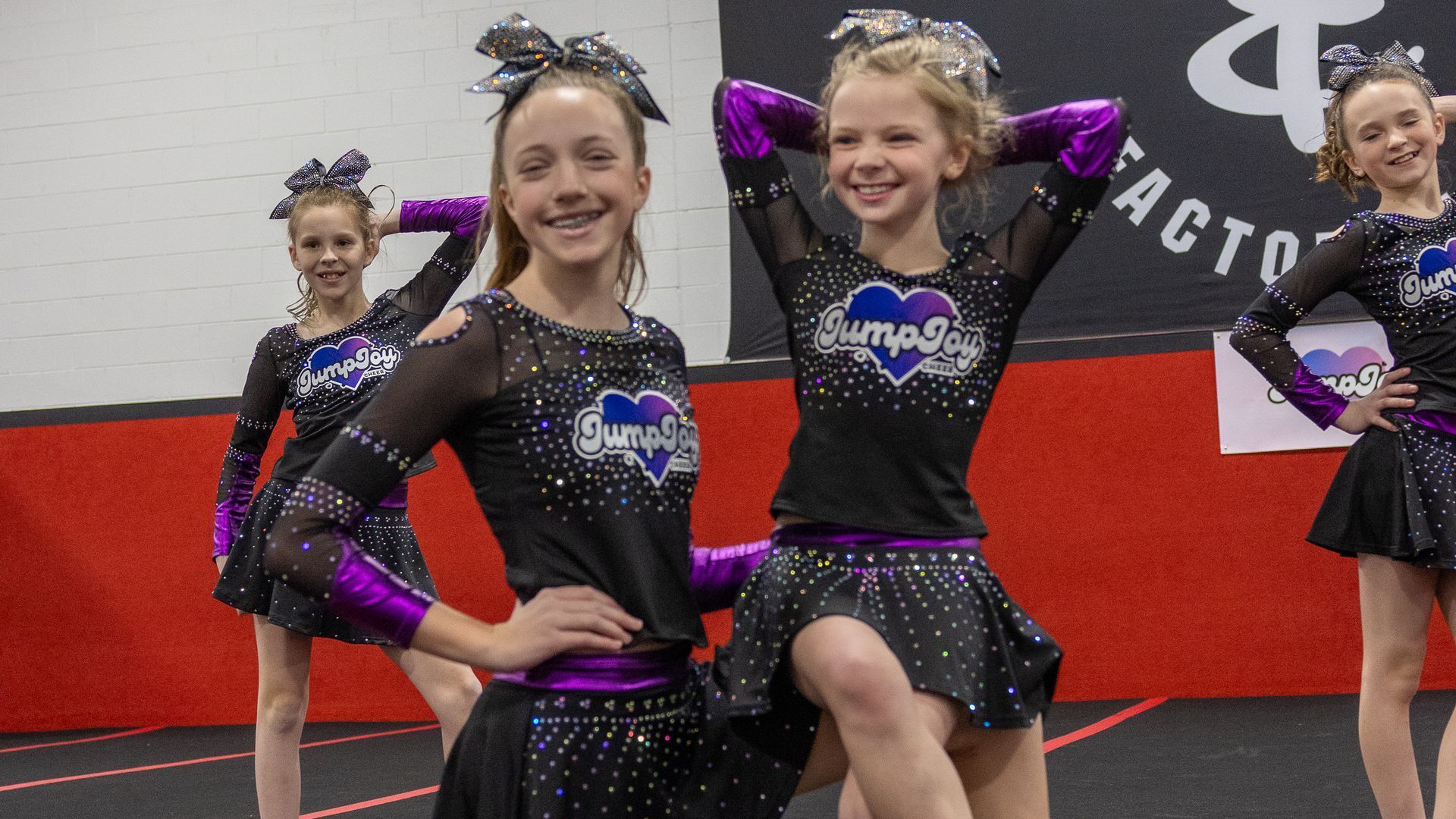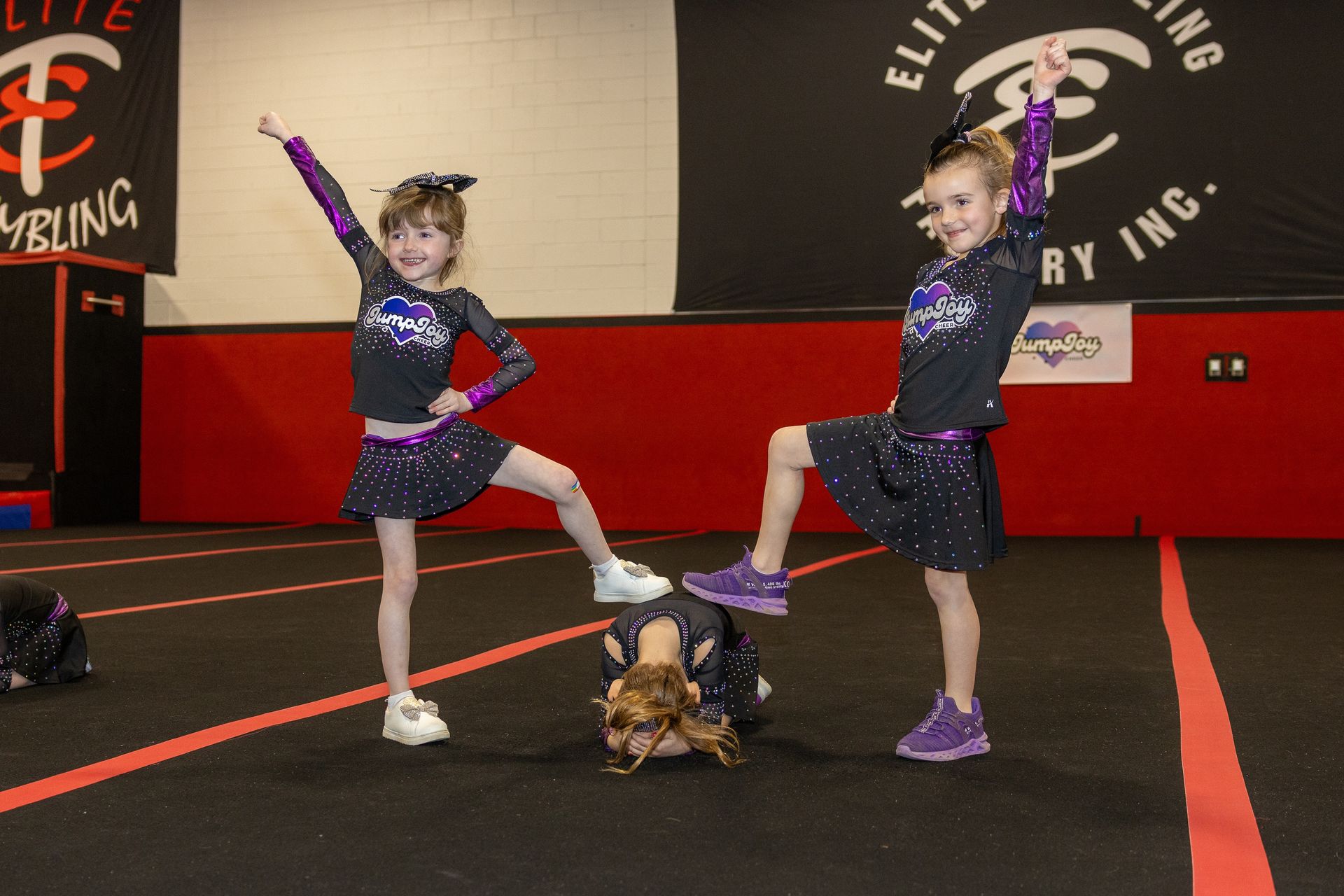The Secret Sauce: How Play Builds Confident Cheerleaders
There’s a moment every coach waits for. It’s not the perfect cartwheel or the hit-zero pyramid. It’s the quiet, electric spark in a child’s eyes when they do something they never thought they could. Not because we drilled it into them. Not because we barked orders from a whistle-wielding warzone. But because they played their way into it.
Welcome to the secret sauce of youth cheer: play-based learning. It's not just about making class “more fun” (though, let’s be honest, fun is fabulous). It’s about using laughter as a launchpad to build unshakable confidence in kids.
And the wildest part? Most of them don’t even realize it’s happening.
Why Confidence in Kids Isn’t Just “Nice”—It’s Necessary
Confidence isn’t a bonus trait like sparkly shoes or a cute side ponytail. It’s the core muscle that lets kids step into the unknown, speak up when they’re unsure, and bounce back when things don’t go their way.
But here’s the twist:
Most adults try to
teach confidence like it’s a vocabulary word.
“Be confident, Emily!”
Spoiler alert: That never works.
Kids don’t become confident because someone tells them to be. They become confident when they:
- Try something scary—and survive
- Succeed at something they thought they couldn’t
- Are allowed to be silly, loud, wrong, and themselves without judgment
And play is the perfect storm for all three.
Traditional Sports Can Feel Intimidating
Imagine being 6 years old and walking into your first cheer practice. The floor is huge. The music is loud. Everyone seems to know what a “high V” is but you.
Now imagine instead:
You walk in, and the coach hands you a pom-pom and says, “We’re going on a treasure hunt for toe touches!”
Suddenly, it’s not
practice. It’s an
adventure.
Play softens the edges of intimidation.
It tells kids,
You don’t have to be perfect. Just participate.
And once they do that? Watch them blossom like confetti in a wind tunnel.
Confidence Isn’t About Perfection—It’s About Permission
We’ve had athletes burst into tears over a missed stunt… and others burst into giggles. The difference? The environment.
- In a fear-based setting, kids learn that mistakes equal failure.
- In a play-based setting, kids learn that mistakes are
just part of the game.
When your daughter goofs a motion in a dance game and the coach shouts, “Bonus points for the silliest spin!”—she laughs. She tries again. She doesn't retreat.
That’s confidence in action. Not the loud, flashy kind. The quiet, resilient kind that says, “I belong here.”
Because confidence isn’t built in the spotlight. It’s built in the bloopers.
But Wait, Is Play Really Teaching Anything?
Oh, absolutely.
Here’s what happens in a Jump Joy class built around structured play:
- Kids learn to
initiate and respond—by creating routines or mimicking the coach in “mirror mode”
- They practice
spatial awareness through obstacle games (watching where their bodies are in motion = better stunting down the road!)
- They develop
decision-making and courage—two things you need to try a new skill, even when it’s scary
Play isn’t what we do before we start the “real” work. It is the real work.
So… How Can You Help As a Parent?
Here’s the magic trick: mirror this philosophy at home.
🎯 Helpful Tip: Celebrate Effort, Not Just Achievement
When your child shows you their new cheer move or their messy attempt at a backbend, avoid the classic “Good job!” Instead, try:
- “I love how brave you were to try that!”
- “That looked tricky—way to stick with it!”
- “You looked like you were having so much fun!”
The message is clear: You don’t have to be perfect to make me proud.
TL;DR – Play Builds Power
Let’s recap:
- Play unlocks
bravery
- Play reduces
performance anxiety
- Play fuels
confidence that lasts
Your child doesn’t need more pressure. They need more pom-pom treasure hunts, silly chant games, and coaches who aren’t afraid to dance like a chicken.
At Jump Joy Cheer, we’re not just teaching motions—we’re growing minds, spirits, and self-worth. One joyful, giggle-filled game at a time.
💜
Want to see the magic for yourself?
Come watch a class or sign up for Preschool Cheer—it’s where the sparkle starts.
Jump Joy Cheer Blog



